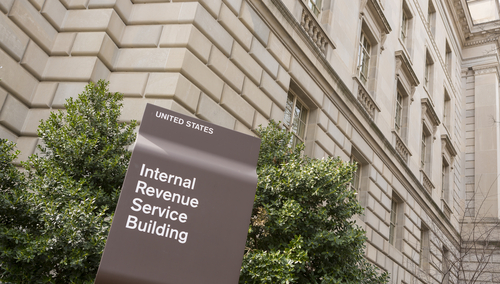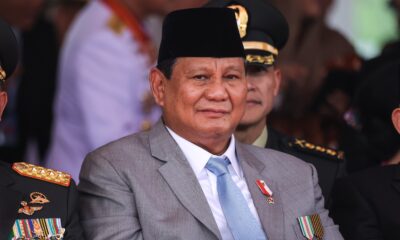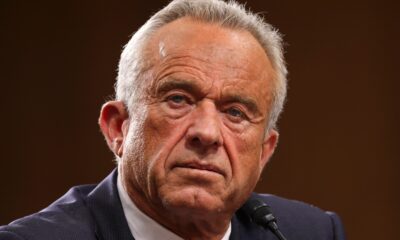Man Who Leaked Trump’s Tax Records Gets 5 Years

A former IRS contractor was sentenced on Monday to five years in federal prison for leaking sensitive tax information of political figures, including President Donald Trump, to major media outlets like The New York Times and ProPublica. U.S. District Judge Ana C. Reyes handed down the sentence of Charles Littlejohn, which should now stand as a benchmark in the fight against illegal data breaches and disclosures.
What Littlejohn did was not just a violation of privacy — it was, as Judge Reyes pointedly stated, “an attack on our constitutional democracy.” His actions went beyond political dissent, representing a calculated and flagrant disregard for the law. The gravity of this case is underscored by Reyes’ comparison of Littlejohn’s theft to the attacks on elected officials and threats akin to the January 6 defendants she has recently sentenced.
Judge Reyes expressed some disappointment in the failure of the Biden Department of Justice to craft the charges in the case properly, given the severity of Littlejohn’s actions. She said, “The fact that he did what he did and he is facing one felony count, I have no words for.”
Littlejohn asked the court for leniency during the sentencing hearing, admitting to Judge Reyes, “I acted out of a sincere but misguided belief that I was serving the public.”
Acting Treasury Inspector General for Tax Administration Heather M. Hill’s statement following the sentencing is a stern reminder of the consequences of such unlawful actions: “This sentence should serve as a warning to anyone who is considering emulating Mr. Littlejohn’s actions.”
Meanwhile, corporate media outlets like ABC and CBS chose to largely ignore Littlejohn’s sentencing. This selective reporting is not just a matter of editorial choice; it reflects a broader issue of bias and double standards in media coverage. NBC’s brief 19-second coverage of the sentencing sharply contrasts the extensive reporting that followed the initial leak. Such discrepancy raises questions about the media’s commitment to unbiased reporting, especially when the story involves criminal acts against President Trump and other conservative political figures.
As a result of the media blackout, Littlejohn is isolated from the broader narrative, absolving the institutions he served from serious scrutiny. The Littlejohn case reveals the need for a more balanced and thorough media approach that doesn’t shy away from reporting the truth, even when it runs against the liberal mainstream narrative.
























